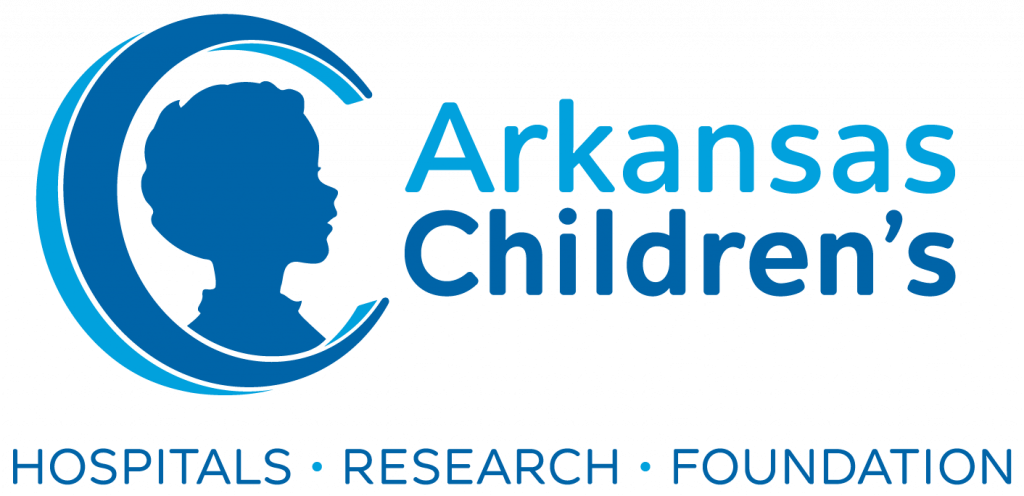
How are you doing today? This is a question that we ask in our casual conversations but do not always answer with the truth. If you ask our kids today how they are doing, you might not like the answer. Our youth today are struggling in ways we have not seen in a generation. Suicide rates are up, more kids report feeling depressed or anxious every day, and thoughts of self-harm are commonplace. Furthermore, the influence of social media exacerbates these struggles.
As a society, we have not addressed the mental health needs of our youth. We know that our mental well-being is critical to the overall health of our children and their families. It truly impacts every aspect of our lives including how we feel about ourselves; how we cope with stress or trauma; how we build meaningful relationships; and how we feel a sense of belonging in our community. Mental health encompasses our emotional, psychological, and social aspects of who we are, and it is an essential component of overall positive health. Because we continue to treat mental health as a separate construct from overall physical health, we see increased stigma and negative perceptions of those who seek services to address their mental health concerns.
To address this crisis, we must start to think more holistically about health. We need to move away from thinking about a culture of trying to close the division between mind and body, instead we should be focusing on healthcare and community programs that have an emphasis on the whole person and on the communities where kids and families live.
At Arkansas Children’s, we have taken the step of integrating mental health professionals into our primary care, specialty care and in many of our medical inpatient programs. By having mental health professionals as part of the “physical” health environment, we can provide a more holistic care model and are able to address both physical and emotional health in the same visit or clinic.

Additionally, to ensure that families have the needed resources to help raise healthy children, we have added community health workers to the team. These community health workers have a deep understanding of the community where families live and as a result are responsible for connecting families to resources for their unmet needs. This is a particularly crucial step, but it will not fully address all the needs that exist in our youth today.
Now is the time to think about how we view integration. Integration does not have to be unique to a hospital system nor does it need to solely focus on healthcare.
We all need to feel supported and connected to the community around us. Along with the Natural Wonders Partnership Council, we have started a series of community listening sessions across the state. We must create a space for communities to share their perspective and to help us understand their needs. One thing is clear from those conversations, we need to think more creatively about how we provide support to address the mental health crisis.
What if we start to think about the integration of physical and mental health at a community level? Think about how powerful it would be if we created teams of community members and professionals who could work collaboratively, in the very communities they live and serve, to offer comprehensive care along with needed community support to address the overall wellbeing of the children and their families!
Additionally, we must get creative about alternative places where these supports are accessible. We need to be connecting and working closely with schools, the faith-based community, boys and girls clubs, social clubs, and any other community organizations who are willing to be at the table. By integrating services into the community, we start to break down the stigma of mental health and, with time, increase the overall wellness of the child, as well as the entire community.
We must not only invest in programs that have solid evidence, but also new ways of promoting this type of integrated approach to health. We can do this by partnering with like-minded organizations and investing in innovative ideas, technologies, and care models. And, most importantly, amplify the voices of youth and families in our communities. At Arkansas Children’s, we are committed to championing children by making them better today and healthier tomorrow. Will you join us?

References:
Benjamin F. Miller, PsyD, Emma C. Gilchrist, MPH, Kaile M. Ross, MA, Shale L. Wong, MD, MSPH, Larry A. Green, MD. Creating a Culture of Whole Health: Recommendations for Integrating Behavioral Health and Primary Care. February 2016.
Protecting Youth Mental Health. The Surgeon General Advisory, 2021
